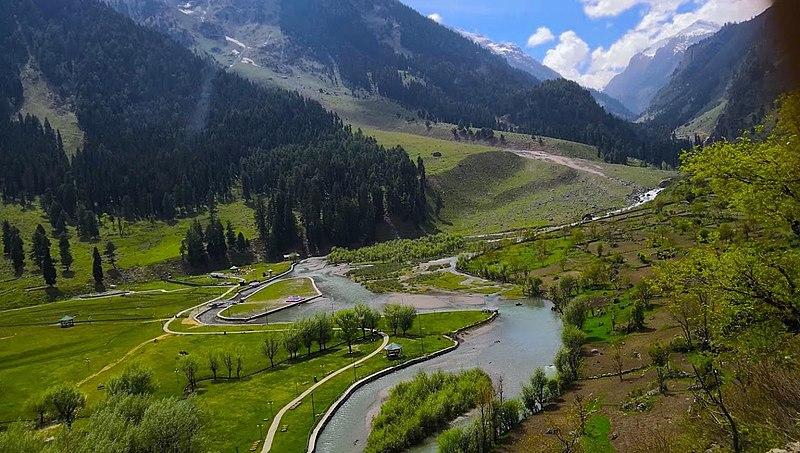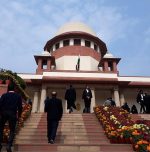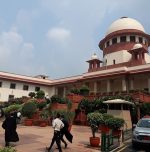Supreme Court reserves verdict on Article 370 abrogation

The Supreme Court’s Constitution bench has reserved its judgment on the petitions challenging the abrogation of Article 370 and the bifurcation of Jammu and Kashmir into two Union territories.
The bench comprises Chief Justice DY Chandrachud and Justices Sanjay Kishan Kaul, Sanjiv Khanna, BR Gavai, and Surya Kant.
This decision follows 16 days of hearings during which the bench heard arguments from both sides.
The bench has allowed parties involved in the case three days to submit written notes on their submissions.
The Central government defended its decision to abrogate Article 370, stating that there was no constitutional fraud in repealing the provision granting special status to Jammu and Kashmir.
The government argued that Jammu and Kashmir’s accession to India was not unique. It added that many other princely states had joined India with conditions after independence, and their sovereignty had merged with that of India.
The government emphasized that the Union Territory status of Jammu and Kashmir is temporary and that it will eventually be restored to statehood. However, Ladakh will remain a Union Territory.
On the other side, senior advocate Kapil Sibal, representing the petitioners, argued that Article 370 had ceased to be a temporary provision.
He said it had become permanent after the dissolution of the Constituent Assembly of Jammu and Kashmir.
Sibal contended that Parliament could not have declared itself the legislature of Jammu and Kashmir to facilitate the abrogation of Article 370. This is because Article 354 of the Constitution did not authorize such an exercise of power.
The Jammu and Kashmir High Court Bar Association argued that while the Maharaja of Jammu and Kashmir acceded sovereignty over the territory to India, he did not cede his sovereign power to rule and govern the state.
The Central government defended its decision to abrogate Article 370 by highlighting the positive changes in the region since 2019.
They noted a significant reduction in street violence, which had been orchestrated by terrorist and secessionist networks.
According to the government, the region has experienced unprecedented changes in terms of peace, progress etc., since the abrogation of Article 370.
Schools, colleges, and universities have been operating without strikes for the past three years.
The Constitution bench heard a multitude of petitions challenging the abrogation of Article 370 and the bifurcation of the state into two Union Territories, Jammu and Kashmir and Ladakh.
The Supreme Court’s verdict on this pivotal issue will have far-reaching implications and is eagerly awaited by all concerned parties.
Image Credit: Photos Worldwide, CC0, via Wikimedia Commons
Image Reference: https://commons.wikimedia.org/wiki/File:The_Picturesque_Chandanwadi_in_Jammu_Kashmir_India.jpg










Leave a Reply